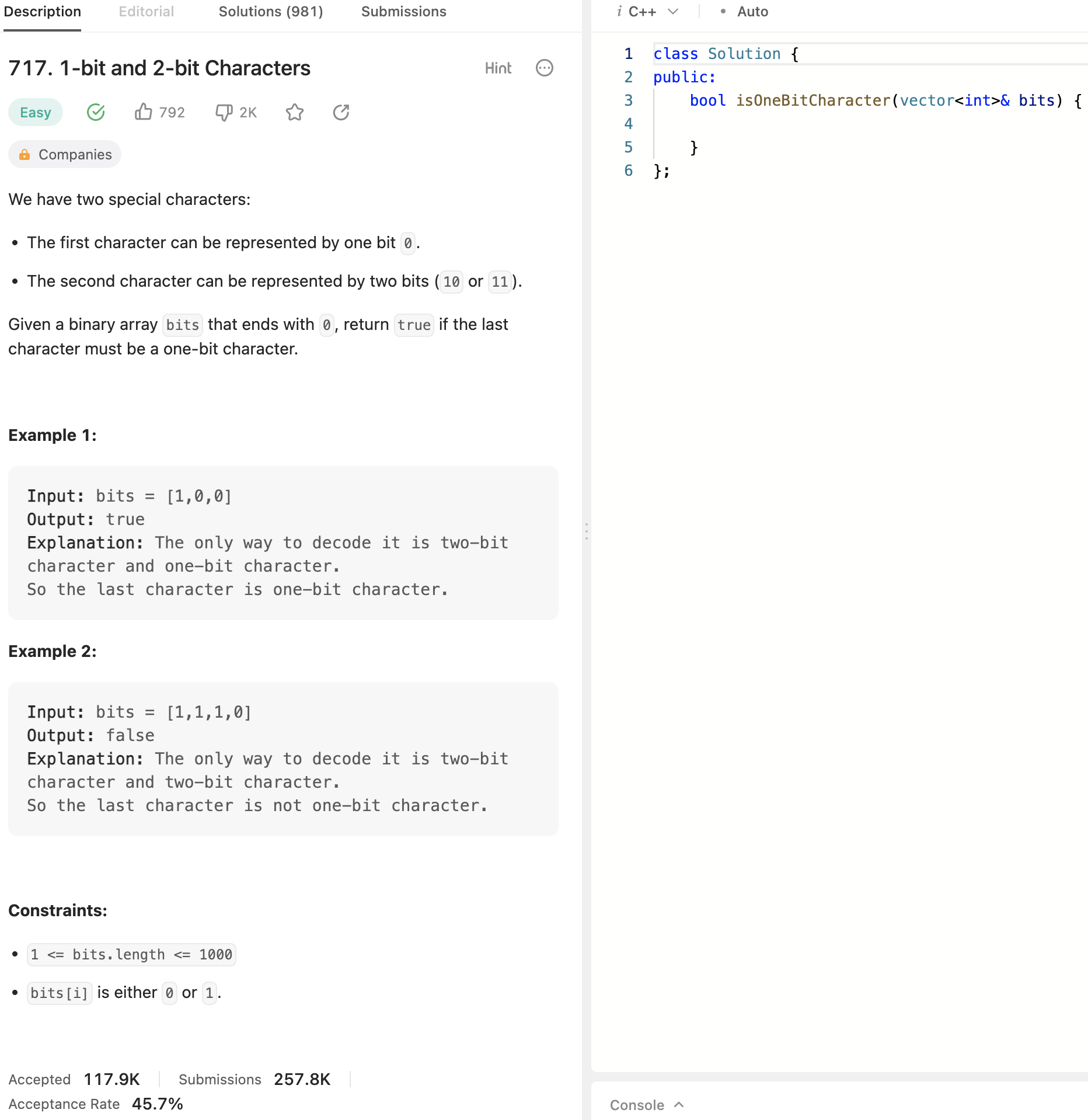Transforming Software Development: Evaluating the Efficiency and Challenges of GitHub Copilot in Real-World Projects

0
🏅
Sign in to get full access
This summary was produced with help from an AI and may contain inaccuracies - check out the links to read the original source documents!
Related Papers
🏅

0
Transforming Software Development: Evaluating the Efficiency and Challenges of GitHub Copilot in Real-World Projects
Ruchika Pandey, Prabhat Singh, Raymond Wei, Shaila Shankar
Generative AI technologies promise to transform the product development lifecycle. This study evaluates the efficiency gains, areas for improvement, and emerging challenges of using GitHub Copilot, an AI-powered coding assistant. We identified 15 software development tasks and assessed Copilot's benefits through real-world projects on large proprietary code bases. Our findings indicate significant reductions in developer toil, with up to 50% time saved in code documentation and autocompletion, and 30-40% in repetitive coding tasks, unit test generation, debugging, and pair programming. However, Copilot struggles with complex tasks, large functions, multiple files, and proprietary contexts, particularly with C/C++ code. We project a 33-36% time reduction for coding-related tasks in a cloud-first software development lifecycle. This study aims to quantify productivity improvements, identify underperforming scenarios, examine practical benefits and challenges, investigate performance variations across programming languages, and discuss emerging issues related to code quality, security, and developer experience.
Read more6/27/2024


0
GitHub Copilot: the perfect Code compLeeter?
Ilja Sirov{s}, Dave Singel'ee, Bart Preneel
This paper aims to evaluate GitHub Copilot's generated code quality based on the LeetCode problem set using a custom automated framework. We evaluate the results of Copilot for 4 programming languages: Java, C++, Python3 and Rust. We aim to evaluate Copilot's reliability in the code generation stage, the correctness of the generated code and its dependency on the programming language, problem's difficulty level and problem's topic. In addition to that, we evaluate code's time and memory efficiency and compare it to the average human results. In total, we generate solutions for 1760 problems for each programming language and evaluate all the Copilot's suggestions for each problem, resulting in over 50000 submissions to LeetCode spread over a 2-month period. We found that Copilot successfully solved most of the problems. However, Copilot was rather more successful in generating code in Java and C++ than in Python3 and Rust. Moreover, in case of Python3 Copilot proved to be rather unreliable in the code generation phase. We also discovered that Copilot's top-ranked suggestions are not always the best. In addition, we analysed how the topic of the problem impacts the correctness rate. Finally, based on statistics information from LeetCode, we can conclude that Copilot generates more efficient code than an average human.
Read more6/18/2024
📉

1
Reading Between the Lines: Modeling User Behavior and Costs in AI-Assisted Programming
Hussein Mozannar, Gagan Bansal, Adam Fourney, Eric Horvitz
Code-recommendation systems, such as Copilot and CodeWhisperer, have the potential to improve programmer productivity by suggesting and auto-completing code. However, to fully realize their potential, we must understand how programmers interact with these systems and identify ways to improve that interaction. To seek insights about human-AI collaboration with code recommendations systems, we studied GitHub Copilot, a code-recommendation system used by millions of programmers daily. We developed CUPS, a taxonomy of common programmer activities when interacting with Copilot. Our study of 21 programmers, who completed coding tasks and retrospectively labeled their sessions with CUPS, showed that CUPS can help us understand how programmers interact with code-recommendation systems, revealing inefficiencies and time costs. Our insights reveal how programmers interact with Copilot and motivate new interface designs and metrics.
Read more4/23/2024
💬

1
New!The Impact of Large Language Models on Open-source Innovation: Evidence from GitHub Copilot
Doron Yeverechyahu, Raveesh Mayya, Gal Oestreicher-Singer
Generative AI (GenAI) has been shown to enhance individual productivity in a guided setting. While it is also likely to transform processes in a collaborative work setting, it is unclear what trajectory this transformation will follow. Collaborative environment is characterized by a blend of origination tasks that involve building something from scratch and iteration tasks that involve refining on others' work. Whether GenAI affects these two aspects of collaborative work and to what extent is an open empirical question. We study this question within the open-source development landscape, a prime example of collaborative innovation, where contributions are voluntary and unguided. Specifically, we focus on the launch of GitHub Copilot in October 2021 and leverage a natural experiment in which GitHub Copilot (a programming-focused LLM) selectively rolled out support for Python, but not for R. We observe a significant jump in overall contributions, suggesting that GenAI effectively augments collaborative innovation in an unguided setting. Interestingly, Copilot's launch increased maintenance-related contributions, which are mostly iterative tasks involving building on others' work, significantly more than code-development contributions, which are mostly origination tasks involving standalone contributions. This disparity was exacerbated in active projects with extensive coding activity, raising concerns that, as GenAI models improve to accommodate richer context, the gap between origination and iterative solutions may widen. We discuss practical and policy implications to incentivize high-value innovative solutions.
Read more9/16/2024